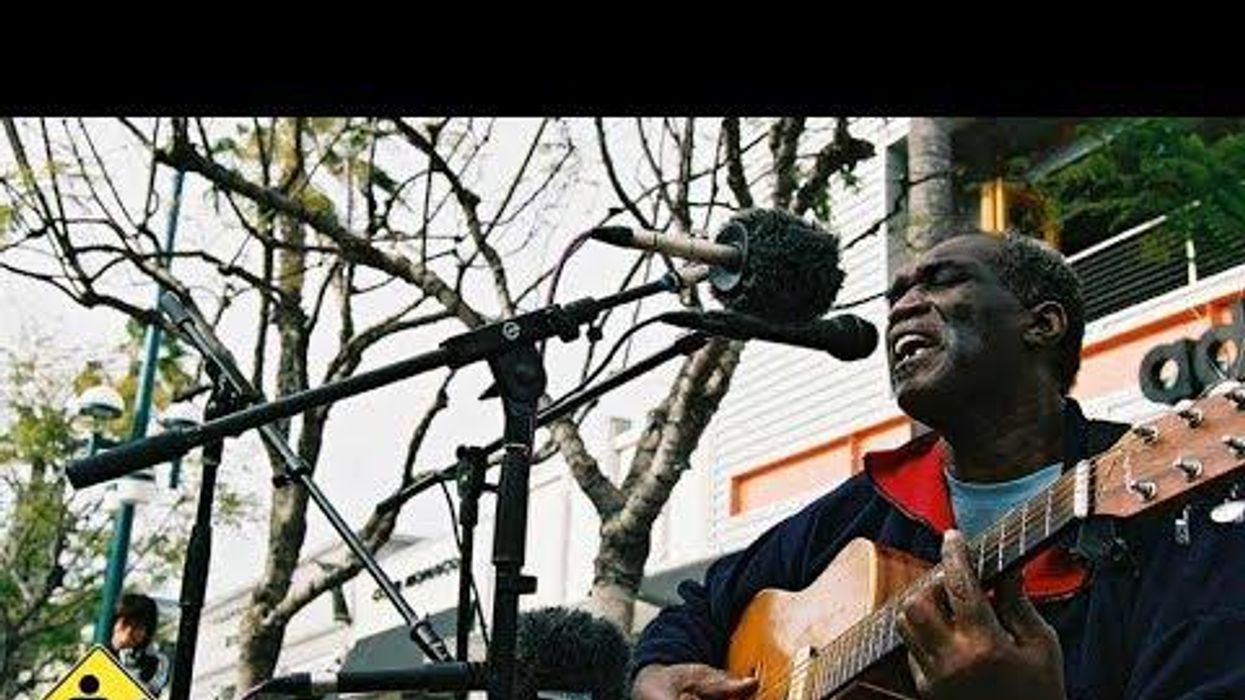Not every voice can use words in essays or logical arguments to express the longing of our soul to connect, to be accepted. Sometimes we use music, poetry, dance, paintings, drawings and theater. Sometimes we use stories, documentaries and streaming entertainment to be seen and heard.
As the publishers of The Fulcrum, we believe that to succeed we must apply balanced, impeccable journalistic standards and, at the same time, provide a voice of all Americans who yearn for a healthier governing system: young people, people of all ethnic and racial backgrounds, rural and urban dwellers, conservatives and progressives.
And what better way to do so than through music. Music when played together results in an interplay that depends on the relationship and blending of all those in the band, orchestra, or ensemble. Ideas worth hearing reside within all of us.
And a healthy democracy is much the same. As you listen to this rendition of "Stand By Me," produced by Playing For Change, see if the Ben E. King classic that features musicians around the world reminds you that music has the power to break down boundaries and overcome distances between people.
We believe it does. Do you? Please email us at pop-culture@fulcrum.us and provide us with other examples that you think represent the connection between the arts and democracy. Whether music, theater, poetry, comedy, spirituality, sport or other mediums, please send us your ideas.




















